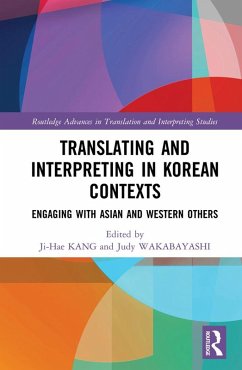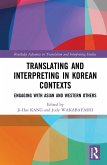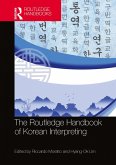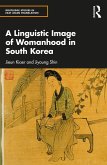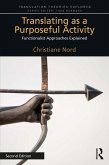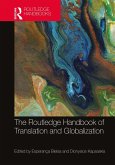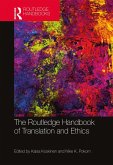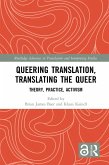Dieser Download kann aus rechtlichen Gründen nur mit Rechnungsadresse in A, B, BG, CY, CZ, D, DK, EW, E, FIN, F, GR, HR, H, IRL, I, LT, L, LR, M, NL, PL, P, R, S, SLO, SK ausgeliefert werden.
Hinweis: Dieser Artikel kann nur an eine deutsche Lieferadresse ausgeliefert werden.
'This book showcases the variety of interests of the translation and interpreting studies research community in East Asia, with a particular focus on Korea. By gathering a handful of seasoned as well as younger researchers, the editors have successfully managed to provide a vibrant picture of the crucial role of translation in the region as authors, explored issues such as the concept of transediting in the dissemination of knowledge via non-profit NewsPro, the importance of translation in the creation of new literary forms in North Korea, the role of translation in the promotion of Western-style democracy in South Korea, and the significance of the retranslations of a classic such as Self-Help in the quest for the independence of Korea among many other fascinating topics. Additionally, the contributions to this edited collection convincingly interact with published research in the West, which, in turn, will benefit from the range of topics herewith discussed.' - Roberto A. Valdeón, Professor in English Studies, University of Oviedo, Spain
'This is a landmark collection. It provides, for the first time in English, a comprehensive picture of translation and interpreting in the Korean peninsula. And what a rich tapestry it is! It combines historical depth with contemporary relevance, covers online and activist communities as well as Cold War propaganda and missionary translation, and concludes with disciplinary surveys of both translation and interpreting studies. The book adds significantly to the international understanding of translation in Asia.' - Theo Hermans, Emeritus Professor, Centre for Translation Studies, University College London

